In the 1975 case Faretta v. California, the Supreme Court held that a defendant has the constitutional right to refuse counsel and represent himself. During a Faretta hearing, a judge must ensure that the defendant is acting voluntarily, intelligently, and knowingly, with an awareness of the risks of self-representation and the benefits of having an attorney.
On May 28, in the Tenth Judicial District Court with Judge Thomas Stockard presiding, Faretta hearings were held for two separate defendants, Sonnie Anzaldua and Odome James Jackson.
Sonnie Angelo Anzaldua, in custody, appeared first for a competency hearing on the Category C Felony of Battery Causing Substantial Bodily Harm. The court received reports from Dr. Amy Patterson and Dr. Catherine Pearson, both finding Anzaldua competent to proceed to trial by jury, which was set to commence on December 2.
Robert E. Wieland, Esq., defense attorney for Anzaldua, informed the court that his client wanted to represent himself, as he had previously indicated. Wieland requested that Judge Stockard conduct a Faretta hearing with his client, which is required for Anzaldua to proceed to trial without counsel.
Judge Stockard questioned Anzaldua per Faretta, explaining the risks of self-representation and addressing the defendant’s understanding of the complexities involved. “Do you understand that this case has some complexities?” Stockard asked Anzaldua. “Do you understand that I am going to treat you like I would treat a lawyer?”
Stockard continued his inquiries, stating, “You have to understand the risks of representing yourself. Do you understand those?” Stockard then had Wieland list his lengthy history as an attorney, citing extensive his skills and experience. Afterward, Stockard asked Anzaldua, “Do you understand that it is likely you do not have that depth of experience?”
After the questioning, Judge Stockard asked Anzaldua, “Do you want to represent yourself or not?” Anzaldua replied negatively, withdrawing his earlier request to serve as his own counsel, “At this time, Your Honor, no. I'd like to let Mr. Wieland represent me.”
The court confirmed the trial date of December 12, 2024.
Odome James Jackson, in custody, appeared for a status hearing on two Category B felony DUIs with a prior felony DUI conviction. Competency evaluations from Dr. Amy Patterson and Dr. Catherine Pearson determined Jackson competent to proceed to a jury trial, which Judge Stockard set for June 12 and July 17. Defense counsel for Jackson, Charles Woodman, Esq., told the court that Jackson wanted to represent himself.
Woodman requested Judge Stockard hold a Faretta hearing. Jackson confirmed to Judge Stockard that he wished to proceed with representing himself.
Stockard conducted the Faretta hearing, asking Jackson similar questions to those he had to Anzaldua, asking, “Do you know what you are charged with?... The penalties are for each of your cases?... Do you know you have a right to call witnesses on your behalf? … How do you intend to do that if you don't have counsel?... If you needed to be able to write a motion, would you be able to do that?”
Judge Stockard asked Jackson, “Are you unequivocally asking the court to let you represent yourself?” Jackson replied, “Yeah, I want to do it myself.”
Standby counsel was discussed, referring to a lawyer appointed by the court to assist a defendant who has chosen to represent himself. Woodman opposed this option, stating, “Standby counsel is a have-your-cake-and-eat-it-too situation… and it's an absolute no-win for the attorney.” He concluded, “If he really wants to represent himself, Your Honor, I'd ask that he do that and that I not be put in that no-win situation.”
Chief Deputy District Attorney Lane Mills acknowledged Woodman’s hesitation but noted that Jackson would likely require counsel’s help preparing for trial.
Judge Stockard concluded that Jackson’s request was timely and unequivocal and that Jackson was competent and aware of his deficiencies compared to legal counsel. Stockard stated, “I am going to allow you to represent yourself.” He ordered Woodman to stay on the case as standby counsel and to be prepared to take over at a moment's notice.
The court confirmed the first trial date of June 12, 2024.



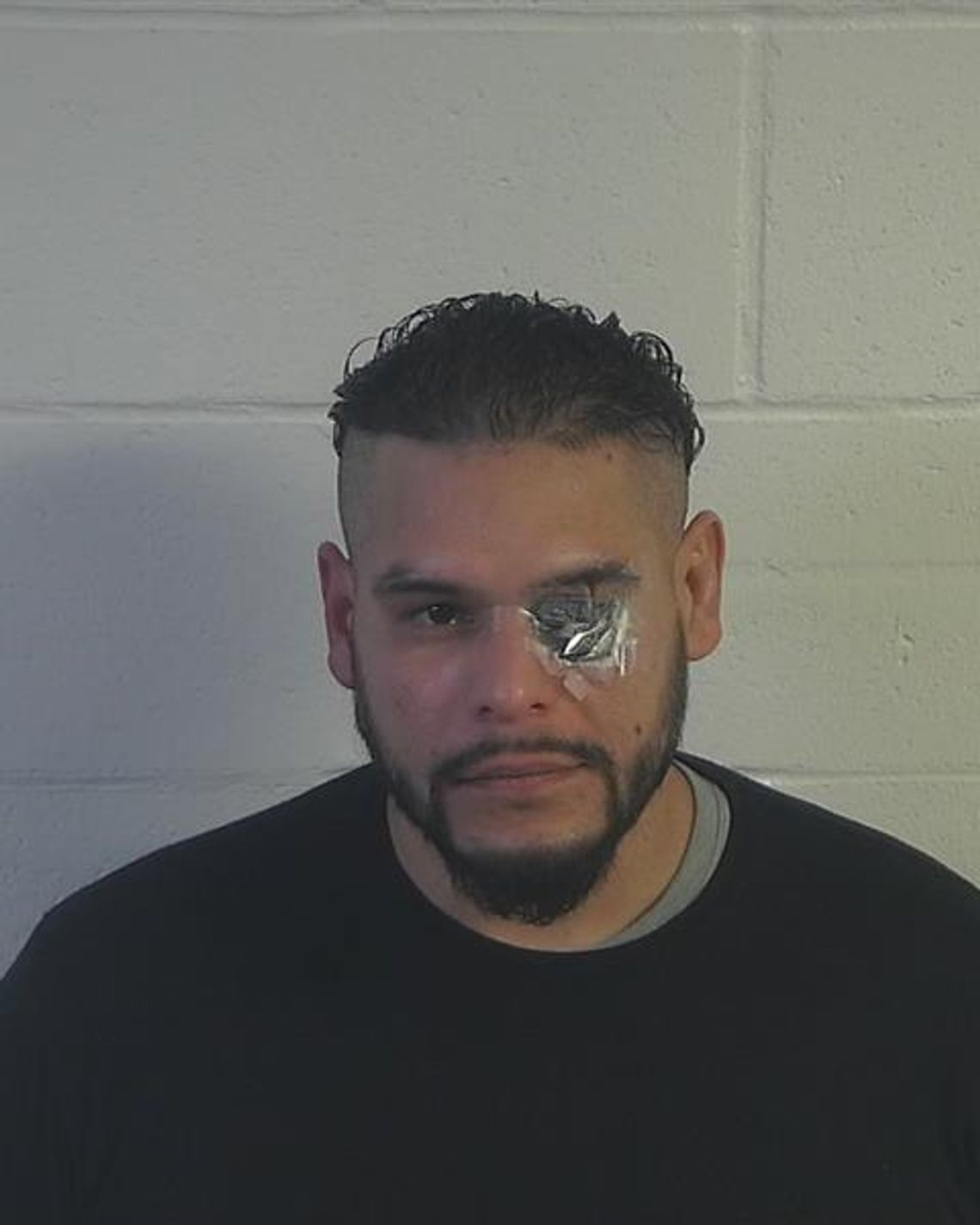






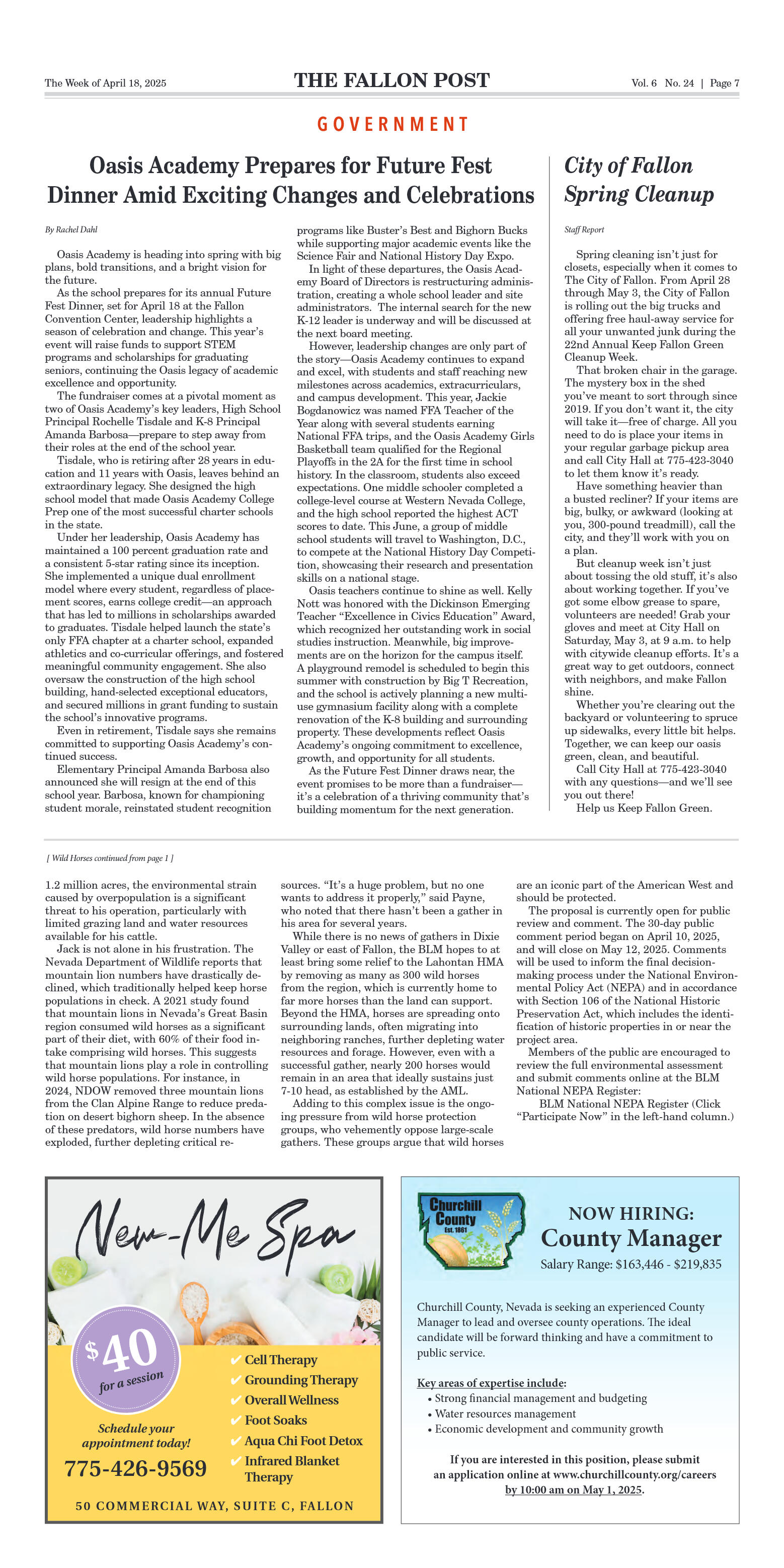


























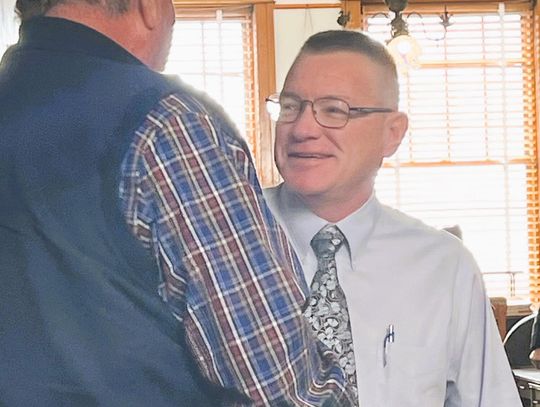
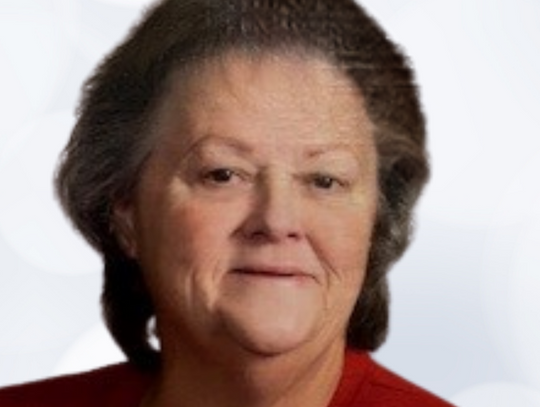
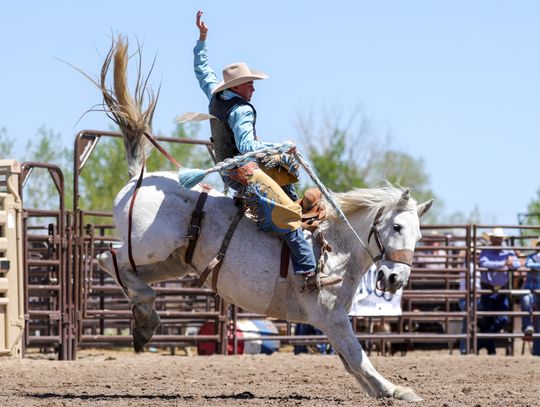
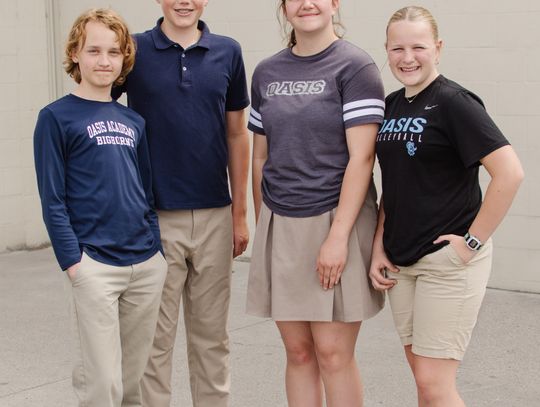


Comment
Comments